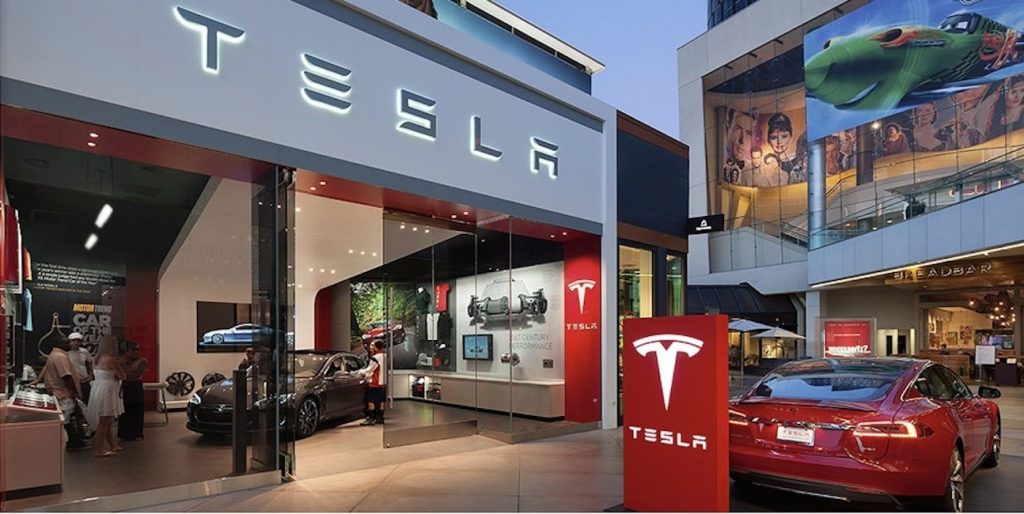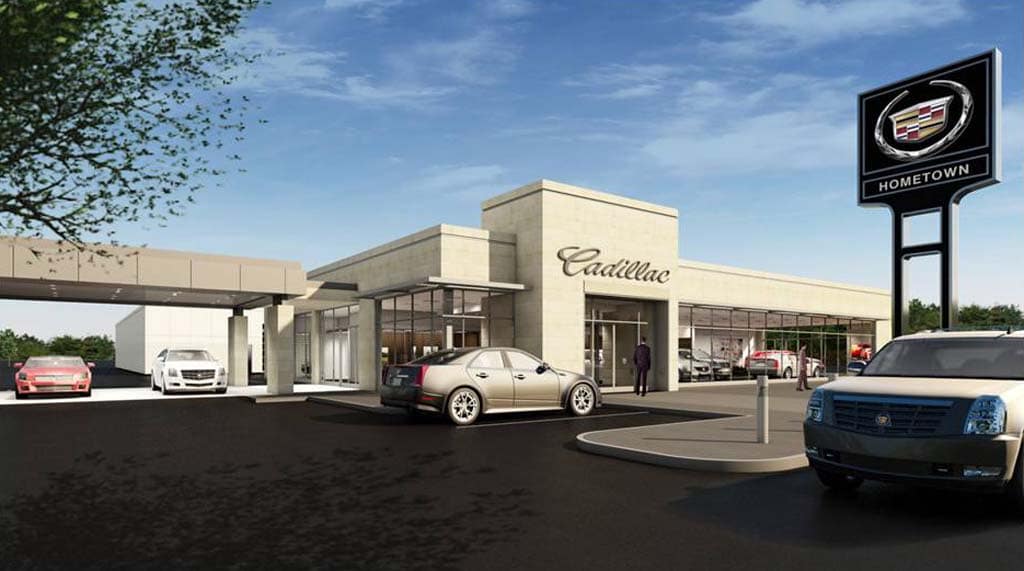
In an effort to streamline a practice that has long upset consumers, Ford Motor Co. announced rigorous new guidelines for U.S. dealers wishing to sell its electric vehicles. These guidelines require no-haggle prices and upfront investments in electric vehicle chargers.
The moves are hardly surprising. Dealers have heard rumors of pending changes for months, with Ford Chief Executive Officer Jim Farley talking of having its dealers handle sales entirely online rather than maintaining a lot full of cars.
“I think our dealers can do it. But the standards are going to be brutal. They’re going to be very different than today,” Farley said at a Bernstein investor conference in June.
The required retailing changes and quotes were first reported by the Wall Street Journal.
Ford follows a trend
The Dearborn-based automaker is compelling dealers to upgrade their stores to the tune of $1.2 million each, including setting up EV chargers at Ford dealerships. The regulations also prohibit selected dealers from maintaining vehicle inventories and require them to display non-negotiable prices on Ford’s website. By 2024, dealers selling EVs must participate in the program or risk losing the chance to do so.
The new requirements come as Ford and other OEMs seek to compete with EV startups Tesla, Rivian and Lucid that can sell their vehicles directly to consumers rather than through dealers. In contrast, state franchise laws force existing automakers like Ford use their independent dealer network, the result of dealer lobbying for improved safeguards for their businesses over decades.

But that doesn’t mean that automakers can’t mandate that all cars must be ordered. This allows manufacturers to better match supply with demand. That’s hard to control when dealers have inventory sitting on the lot. The change in selling models can save manufacturers $2,000 a vehicle.
But Ford isn’t intent on ditching its dealers, having learned already tried that in the 1990s, in an experiment in the Kansas City market.
“Where we think we can real beat them is on post-purchase experience,” Farley told TheDetroitBureau.com in July. “For a lot of our customers, it’s about the in-person experience. Our dealers know how to do it.”
Left unsaid is what happens to Ford dealers unwilling to make up to a seven-figure investment in their stores.
Lincoln President Joy Falotico told Automotive News she expects Lincoln will have less than 600 dealers by 2023, down from 685 it currently has, and far less than the 1,000-plus it had five years ago. “We don’t plan to have any specific buyout program,” Falotico told the publication.
But not every dealer sees the logic of touting EV chargers at their stores.
“Why would you have a charging station at a dealership,” said Rita Case, head of Rick Case Auto Group, with stores in Georgia and Florida. “It’s not like you’re going into the grocery store and you’re going to be in there for half an hour. Are they thinking customers are going to say, ‘oh, I need to charge my car, so let me go over to Rick Case Hyundai sit in their parking lot and charge my car.’ I don’t get it, and they can’t give me an answer.”
GM thinned its dealer ranks first

Nevertheles, Ford is far from the only automaker requiring EV facility upgrades.
As TheDetroitBureau.com reported earlier this month, General Motors will require its 1,963 Buick dealers to invest in store upgrades, including charging stations, which would require a significant outlay, with published reports citing costs in the $200,000-$300,000 range.
There will also be changes to the brand’s business model. GM will buy out any of its U.S. dealers that do not wish to make the necessary infrastructure investments. Buick is planning to reintroduce the Electra name as it moves to an all-electric line-up by 2030.
The move to ready its dealers for electrification started in 2020. Approximately 150 Cadillac dealers chose to be bought out by General Motors to drop the brand rather than invest $200,000 into facilities and training to sell battery-electric vehicles, including the new Lyriq.
But GM still finds that its dealer network is a competitive advantage.
“We intend to fully leverage our dealer partners in the sales, education and ownership experience of EVs,” said Steve Majoros, vice president of Chevrolet Marketing. “Eighty-seven percent of citizens in United States live within 10 miles of a Chevrolet dealership and that’s a pretty reassuring thing to know that if you want to talk to someone in person, if you want to go see that product, you have the ability to do so. That is unmatched in the industry and we will take our dealer network and stack them up against anybody hands down.”








I think Ford may have some anti-trust problems with requiring pricing. There are some ways around it, but they are pretty harsh if Ford wants to maintain a strong dealer network. Essentially, you have to cut anyone off instantly and without negotiation if they don’t sell for MSRP. It seems that could lead to a lot of dealers suddenly losing their franchises, and potentially violate various state franchise laws.
Paul, I have not been able to fully confirm what Ford’s plans are but expect they’re more complex and studied in order to retain a viable franchise system AND stay within legal boundaries.
Paul E.